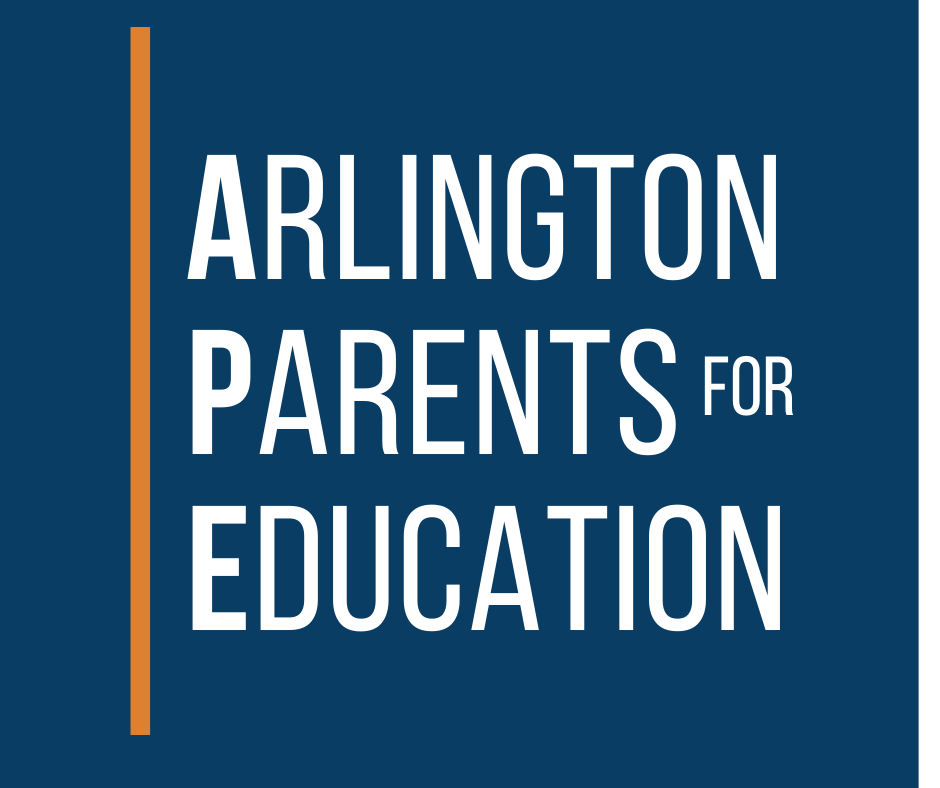Summary of the 4/27/23 School Board Meeting
APS Service Awards and 2023 Honored Citizens were bestowed.
School Board adopted Revisions to School Board Policy F2 Goals, I9.1.15 Exemplary Projects to clarify language and align these policies to current practices, approved by Superintendent. It approved leadership changes effective July 1, 2023.
Superintendent’s Updates included Substance Abuse use Education and Prevention in APS: Since the February update Dr Durán went over the following items that have taken place at APS or within the community to address substance and opioid abuse:
Hosted community conversations at middle and high schools in February and March
Provided ongoing education and counseling for all APS students
Facilitated sessions for grades 4-12 on the dangers of opioids and substance use
Help joint APS-County Meeting on March 30, focused on the coordination of substance and mental heath support for youth
Expanded partnership with the County
Installed emergency Naloxone boxes on all floors of secondar schools
Announced our commitment to allow students to safely carry naloxone in Schools by May 2, 2023
Released the first of several peer-to-peer videos developed by middle and high school students
Ms. Sutton asked a question regarding continued substance abuse support to the APS community through the summer months. Dr Durán indicated that information for all APS students and families will be forthcoming in the next month, and that counselors will be available throughout the summer months to APS students attending summer school.
Ms. Kadera added onto the substance abuse topic by highlighting the group Second Chance. Ms Kadera attended a Second Chance training this past month for Middle and High School, and not only encouraged APS teachers and administrators to refer those students who may be struggling with substance abuse, but also wanted to ensure that parents were aware that they could refer their child as well.
Public Comment included Members of APE speaking regarding the Calendar Policy and the Budget.
Monitoring Items included the English Language Arts Literacy Update Presentation:
Ms. Cruz reviewed the ELA Strategy and its connection to the APS Strategic Plan. She informed that since the last report, two ELA Specialists and two coaches engaged with teams of teachers with data analysis at their specific schools, which led to teachers helping determine next steps as it related to instruction.
ELA office has been focused most on tier 1 practices this year. Schools are doing valuable and difficult work to align practices that are grounded in Science of Reading, which differs greatly from the pasts “balanced literacy” methods.
Two literacy coaches are Grant-Funded for one more year. Based ELA office, but spend most of their time is spent in the schools Ms. Cruz reviewed a typical day of these Literacy Coaches, which include meeting with teachers to give classroom feedback, facilitate quarterly planning for grade level CLTs, and teacher answering questions or developing curriculum documents for the ELA offices. One coach covers all elementary schools and the other coach covers all secondary schools..
Ms Cruz repeatedly reminded the Board that this new instruction is a large change and will take 3-5 years for changes to be fully operationalized.
Ms. Dias-Torres:
Asked while 84% is a great start what is the barrier to having 100% schools implement this new curriculum. Ms. Cruz responded that the largest barrier appears to be having buy-in from teachers on the WHY this curriculum is supported by the administration and why it is superior to the previous curriculum.
Asked that Letters Training for teachers be thought of equitably and those that are trained are equitably distributed so that they are targeting the schools with the greatest need. In response, Ms. Cruz noted that Letters Training is an intensive 60-hour training that is completed on teachers personal time. The next strategic group to undergo this training would be one special education teachers per elementary school. They are however hopeful that the state will develop a similar and less intensive training, as has been implemented in TN.
Ms. Sutton: Classroom libraries were largely built in the context of the former curriculum, Balanced Literacy. Do these libraries need to be rebuilt to align with Science of Reading. Ms. Cruz responded that while the libraries do not necessarily need to be rebuilt in terms of types of books, they may need to be re-leveled with the new curriculum in mind.
Ms. Kadera:
Mentioned that there is a perception in the community that we are not tutoring students in need. Ms. Cruz addressed that they are currently using Grant Funding and going through HR to hire many community tutors – whether they are retired teachers or involved parents – to help run Lexia Labs and other tutoring methods before and after school. They are also using Grant Money to hire Long Term Subs to likewise help with these tutoring efforts.
Having worked on the subcommittee wanted to publicly reiterate what she has said in that committee. While pleased to learn that there is a plan in place for secondary literacy for the 24-25 school year, concerned about those students who may need assistance in the coming 23-24 year. If additional funds are needed for that assistance, please raise those concerns in the coming days so that it can be included in the current budgeting process.
Mr. Goldstein:
This is a large change in literacy approach, why/how did we end up here. Ms. Cruz gave a detailed answer on the Science of Reading and how research has now proven that the brain learns to read in a specific way.
Referring to the mid-year DIBLS assessment scores, he asked if the percentage increase in proficiency was statistically significant. Ms Cruz did not have a mathematical answer, but mused that all increases were important given they represented students. Mr. Goldstein clarified that there is margin of error in these reports and asked her to please report back whether the increases were statistically significant.
To see our scorecard for the meeting, click here.
